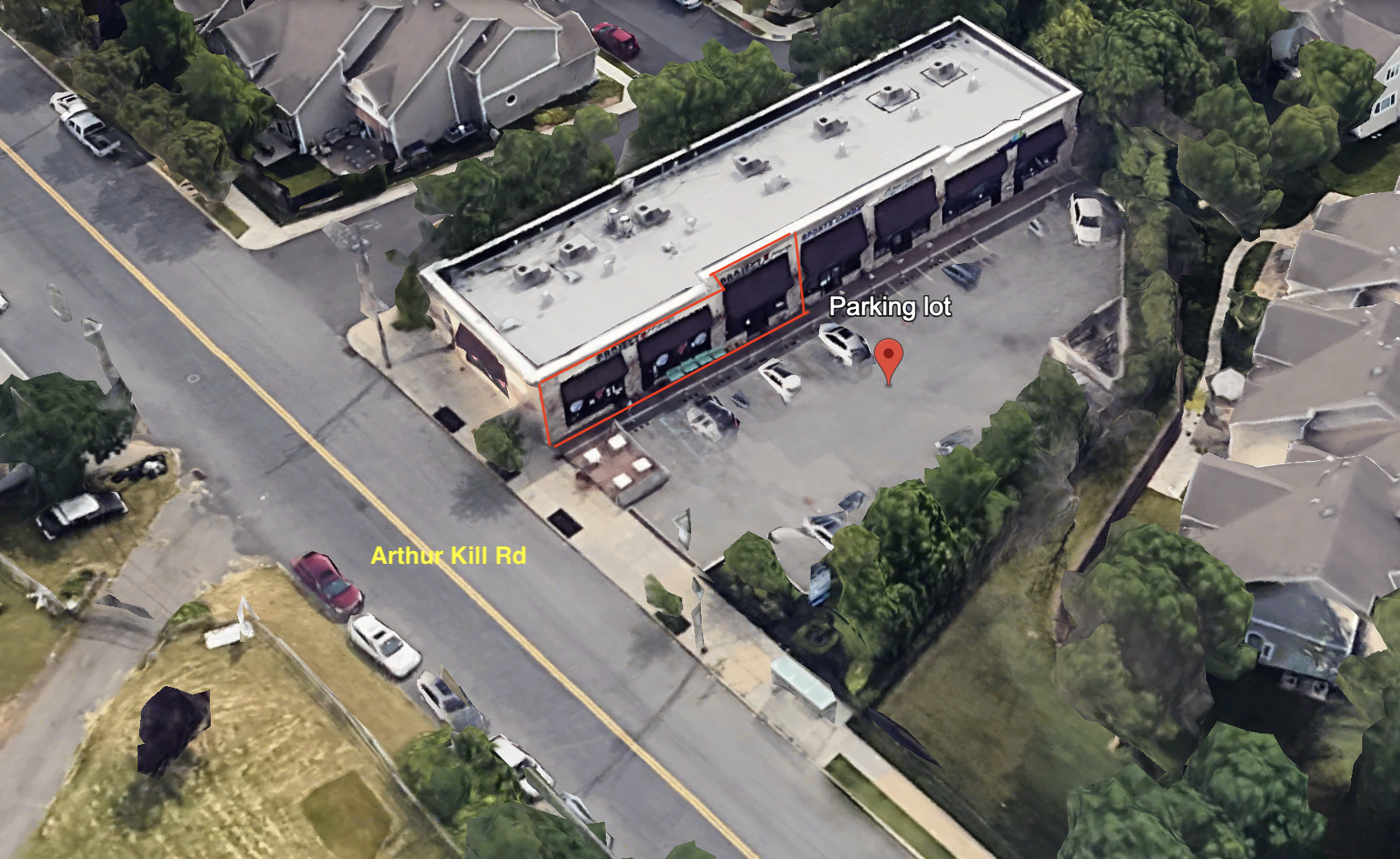How Does a Boiler Work?
To understand how to make your boiler run efficiently, you first must understand the basic concept of a boiler.
A boiler does what every other heating system does: it draws in cool air, heats it up, and then sends it out. It magically transforms cool air into cozy, warm air.
The method really isn’t that magical, though.
A boiler takes cold water in, heats it up with a heat source such as natural gas then pushes it back out through a radiator. The water then comes back to the boiler. By the time it returns to the boiler, the water is cooled again and needs reheating.
And so the cycle goes.
An efficient boiler will heat the water to a temperature that makes it warm but not so hot that it gives off steam. Steam is lost energy, or dollars, up in smoke, virtually speaking.
So to make a boiler run efficiently, you want to have it heat water to that perfect point and then send it off, losing as little energy as possible.
You should have an efficient boiler immediately after new boiler installation, but you can do several things to keep it running efficiently as time ages your system.
How to Increase Boiler Efficiency
A few basic steps can easily make your boiler more efficient and save you money on your heating bill.
1. Read Your Manual
This step may seem like the most obvious, but it’s the most critical. If you just google “making my boiler efficient” and then follow Joe Schmo’s advice on any boiler, you may end up damaging your boiler and voiding any warranty.
If you have a maintenance manual for your boiler, read it. Every boiler has specific idiosyncrasies. You can make your boiler most efficient by just reading how to maintain it.
2. Use Treated Water
The quality of your boiler’s heat depends largely on the quality of what you put in it. If you’re using untreated water, the boiler will not heat evenly or efficiently because the particles will clog up internal boiler tubes.
Treated water will give your boiler the best ingredients and thus the best opportunity to heat your home.
3. Turn It On
When you leave a car in the driveway for weeks and months on end, it will not start. In the same way, your boiler may seize if you do not use it regularly.
Thus, even in the warmest months, turn on your boiler for 15 minutes once a week. This will keep it working and prevent it from seizing when you need to turn it on full bore for days and weeks at a time.
4. Insulate
Take time to insulate your pipes. Your boiler works hard to create and maintain heat in your home. If your pipes are not insulated, you lose valuable heat.
Identify your central heating pipes and then surround them with some simple foam tubes you can find at most hardware stores.
Make sure you have the right size tubes for your pipes so you have a snug fit that covers the entire pipe.
Insulation will keep the heat in the pipe and allow it transfer to where you want the heat. It will reduce steam usage as well and keep the heat in your pipes and up through to your vents and radiator.
5. Bleed Your Radiators
Check your radiators after you turn on the boiler. If the radiators have cold spots, then they’re not doing their basic job of radiating heat, and you need to bleed them.
First, find the radiator key and valve. Some radiators just have a valve, so you’ll just need a flat-head screwdriver to open them.
Then turn off the heat and wait for the water to settle in the radiator. Then open the valve. Have a rag ready to catch any small drops of water that the radiator will spit out.
You’re attempting to release the air from the radiator. Once a steady stream of water starts coming out, replace the valve and screw it shut.
Bleeding your radiators regularly will allow your boiler to work efficiently.
6. Keep the Boiler Clean
Whenever you clean your house, dust the boiler too. Debris will clog lines when they creep into the boiler. This step seems small and insignificant, but it can help your boiler run more efficiently because you’re keeping small particles from the boiler.
Do not attempt to clean the inside of the boiler. Have a professional service your boiler regularly. A serviceman will maintain the inside of the boiler while you do what you can to the outside.
7. Annual Service
Schedule an annual service. You can do all the cleaning and insulating on your own, but if you do not have a professional come in to service your boiler, you’re not making the most of the machine you have.
Professionals can spot problems that you cannot see with your untrained eye and also give you more tips on how to keep your boiler running efficiently.
8. Adjust the Stack Temperature
You can see the stack temperature, typically, on a gauge located on the boiler. It indicates the temperature of the gas leaving the boiler.
If you have a high stack temperature, you most likely have a build-up of soot or scale on the tubes in the boiler. Your baffling inside the boiler may have deteriorated or burned through as well.
All of these lead to an inefficient boiler.
If you lower your stack temperature, you lower the operating pressure on the boiler.
Operating pressure, firing rate, and ambient temperature in the boiler room all contribute to lowering the stack temperature. Boiler maintenance professionals will be able to adequately determine which of these factors is causing a high stack rate.
When you call a professional, he or she can then adjust the stack temperature by modifying a combination of these factors.
Be Smart, Stay Warm
Understanding and implementing basic tips for boiler efficiency will help you maintain the life of your boiler and lower your energy bills.
In the end, a few simple steps mean a big win and a warm home for your family. Check out Texas boiler repairs & retrofit service if in any need of repairs in the Lonestar State.
For more information on how to maintain your home, keep visiting our blog.







Leave a Comment